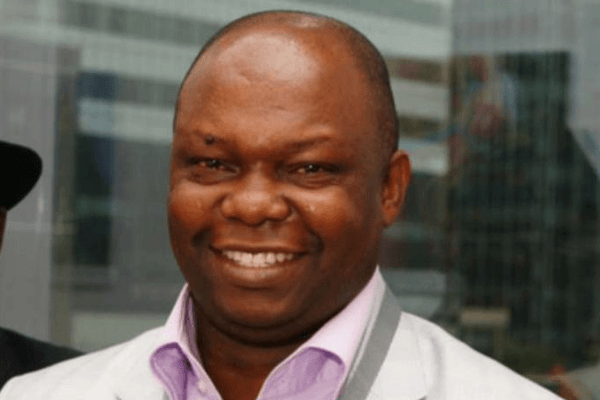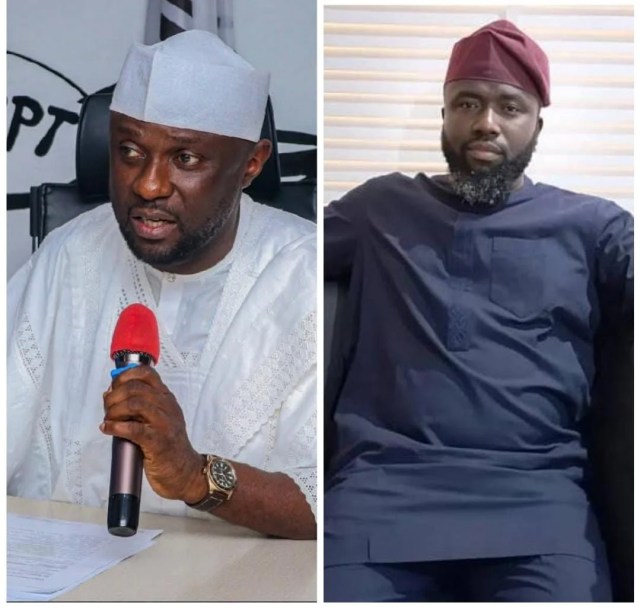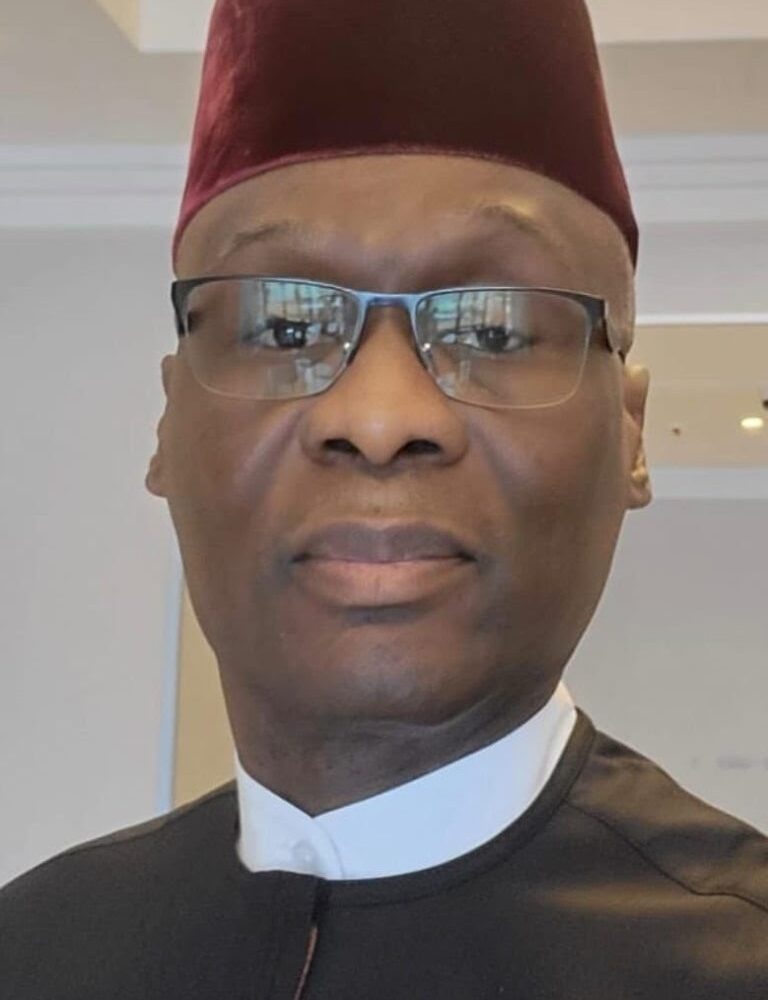So, in an election where over 700,000 people were to launch a new leader through the vote, it boils down to barely 3000 persons. The fate of millions of Osun State citizens caves in to the oligarchy of the people. Oligarchy often entails men of money, influence and power, wheel horses on the crest of society. But for Osun State, we have the oligarchy of mere mortals.
Those who will on Thursday decide whether it is the PDP or APC will not be a crowd in a serpentine queue curling into the streets across the state. Whether it is the dancing fellow with the chef’s cap, or the quiescent financial wizard with a shy tongue, it is not the will of the collective people this time. It is the will of the people, all right. But a few, a micro politics determining the large macrocosm of the collective will.
It may not be the moneybags, per se. Not the big-time business man. Not the bureaucrat. We may have a sprinkling of them. But it will be the owner of roadside market stall, a mechanic, a wizened teacher, the tottering old retiree, the amala peddler who will lord it this time. They are the strange oligarchs. It is a fleeting crown, owned in less than half a day, but an accolade of consequence.
From now, the real oligarchs, the party mavens and warriors of political retailing, will turn them into the damsels of democracy. They will woo them, make horse trading for them. They will reach for the cavernous purses, coin the right language, bow where necessary, rise with them, paw, bribe, cajole, tease.
These oligarchs will vote in the few polling areas cancelled by the professorial INEC umpires. This breed of democrats is rarely seen in history, unless we flash back to the Greek era or the turbulence of the Italian democracy in the age of Machiavelli. It sometimes is one person like Rosa Parks who ignited a revolution for not moving her feet, or Harriet Beecher Stowe who authored the earth-shaking, anti-slavery novel Uncle Tom’s Cabin. When she visited President Lincoln at the White House, he remarked: “So, you are the little woman that wrote the book that started this war”. Or a group like the few young black men and women who set the stage for the civil rights tempest in the United States. The late journalist David Halberstam documented that age in his immortal book, The Children.
But they are not the typical oligarchs. Their power is basically passive. They won’t spend. They won’t hold nocturnal trysts. They will lose no sleep. They will wait for the persuaders, those who have stakes in APC and PDP. They are, in a sense, the jury men and women of the ballot, a few asked to decide where the people’s justice may lie. They are the filters and conscience of the over 700,000 who voted on Saturday September 22.
Philosophers of democracy have often suspected the view that it depends on the majority. Whether we look at the evolution of the American system with his baggage of slavery, Jim Crow, the moral ambiguity on race and immigration, or the British system with the carefully choreographed topsy-turvy of its parliamentary system, or the seeming hybrid of the French, the fingers of a few loom large.
But it may not be that simple. These little men may suddenly wake up to their power, the magnitude of their littleness. Politicians may now turn the few polling areas into new areas of command, knocking from door to door. As our politics goes, the new-minted politics of the stomach may pop into significance. Will it be free and fair from the point of view of those who collect money and cook for the day? Or will it be free and fair for the people. The little man wants to decide big. As Winston Churchill, who loved and hated democracy, stated, “at the bottom of all tributes paid to democracy is the little man.”
But while all these are taking place, how much thought has gone into the biography or track records of the leading candidates, especially the chef-capped Adeleke? How many of the people think about his thespian proclivities, his penchant to dance, if uncreatively. How does a dancer become a candidate when he is an airhead, a mercurial entertainer, unable to rise as a student, and whose only badge of honour as a scholar is an F9 at school certificate, according to WAEC?
How does a man with little knowledge become a hit with the little man? And how does he handle education and succeed a man, Rauf Aregbesola, who has raised the stakes in education for a generation in the state, not only with school feeding, but equipping and building some of the best in the land? How does a dancer associated with a high flyer relative who can sing, and who speaks English that stumbles, understand how to pick a good handler of infrastructure, or youth empowerment, or health care system? Were his voters not conscious they were trying to enthrone an alawada as governor?
It is one of the tragedies of democracy that knowledge is not as important as sentiment. Sentiment can be cloaked as knowledge. Some of the great supporters of Trump, or Erdogan or Duterte or even Hitler, Franco are not necessarily dumb. Knowledge has ceded its pride of place to nativist hysteria or quest for entertainment. They won’t concede they have no knowledge, rather they would think in the words of the writer Isaac Asimov that “my ignorance is just as good as your knowledge.”
Have those people reflected on the profile and achievements of Oyetola? Maybe not. Maybe they prize dramatics over mathematics, flamboyance over performance. Or they want stage performance as governance.
The heft of Oyetola’s following only indicates that, in spite of Aregbesola’s challenges, many saw the brilliance over the mistakes, the infrastructural work, scores for education and health care, especially his triumphs in the areas of the welfare state unequalled in the country.
So, September 27 will be the day of the little man to make the point. Will he vote knowledge over vanity? That is the question.





